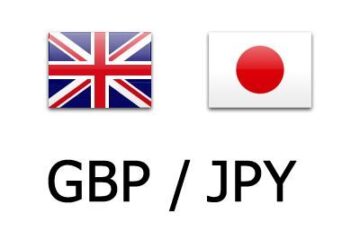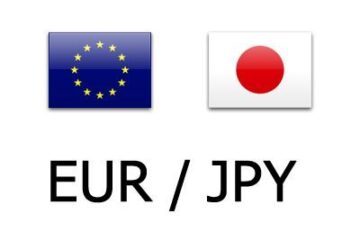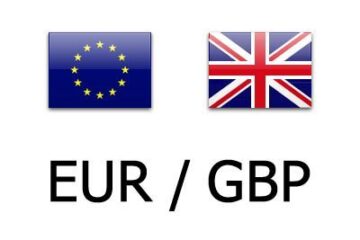The past few years have been tough on retailers, and big-box stores haven’t been spared.
The U.S. has been stuck in a pattern of rampant inflation that doesn’t seem to be waning. In February, the Consumer Price Index rose 2.8% on an annual basis, with categories like shelter and groceries rising 4.2% and 1.9%, respectively, year over year.
The sticky inflation and elevated interest rates have forced consumers to be more mindful of their spending. Many are prioritizing essential bills over non-essential purchases, which has forced a number of major retailers to make tough decisions, including closing stores.
Related: Target makes massive bet in key area
The introduction of strict tariff policies might only compound the problem.
Many retailers operate with very tight margins. If tariffs drive the cost of goods upward, retailers may be forced to pass that expense onto consumers, adding to their strain.
Unsurprisingly, that means even well-established big box retailers like Walmart and Target have a shaky outlook for the months ahead.
During its last fiscal quarter, Walmart beat earnings and revenue estimates but warned that it expects a slowdown this year. The company also said it would not be immune to tariffs.
Walmart CEO Doug McMillon recently noted the company sees “stress behaviors” among budget-conscious consumers, and that it’s worrisome. “You can see that the money runs out before the month is gone,” McMillon said.
Target, like Walmart, reported strong enough numbers during its most recent earnings call but said it expects profits to decline in the near term. The company cited general economic uncertainty and the impact of tariffs as reasons for its unfavorable forecast.
Target and Walmart are expanding key product lines.
Target banks on baby products to drive sales
Target needs to up its inventory game if it wants to remain competitive.
The big-box giant recently announced plans to expand its lineup of beauty products and partner with eyewear giant Warby Parker to introduce shop-in-shop stores. Now, it’s going all-in on baby products in the hopes of attracting more customers.
Related: Target makes very Tarzhay move shoppers will love
Target’s baby section expansion will add more than 2,000 new items to the store’s lineup. More than half of the items are Target exclusives from national brands or brands the retail giant owns.
Target is also strategically pricing its new baby inventory. More than two-thirds of these new products will be priced under $30, with some items costing less than $1.
The updated merchandise runs the gamut from baby clothes to toys to feeding sets. Target is also adding baby essentials like car seats and strollers, and wellness items for new parents.
Target hopes to fill a key need and win customers when families are young by focusing on baby items. At a time when money is tight for consumers, many can’t afford Target’s fun, hip line of clothing and home decor. But when babies need essentials, consumers have no choice but to prioritize.
Walmart bets big on beauty
Even though consumers are curbing their non-essential spending, many are prioritizing beauty purchases. Walmart is trying to capitalize on that trend by upping its beauty game.
Over the past year, Walmart has added more than 60 brands to its premium beauty collection.
Related: Walmart CEO sounds alarm on a big problem for customers
“Customers have been loving the addition of premium beauty to Walmart since we first launched our initial assortment a few years ago,” said Vinima Shekhar, Walmart U.S. vice president of beauty merchandising. “We’ve worked to identify brands that our customers are looking for across the category and are excited to bring them to Walmart.”
However, while betting on beauty could work to Walmart’s advantage, the problem is that the market is extremely competitive. Walmart will have to outsmart its rival Target, which is already known as a major player in the beauty space due to its long-term partnership with Ulta.
More Retail:
Walmart, Target, Costco make major 2025 announcementFormerly bankrupt retailer makes painful decision to close more storesTop investor takes firm stance on troubled retail brandWalmart and Costco making major change affecting all customers
Walmart also faces a battle for room in the beauty market with rival Kohl’s. The department store’s shop-in-shop Sephora locations are a big draw for customers.
Plus, Walmart is known much more than Target as a discount retailer. If it wants to draw in customers, it must prove itself as a source of quality beauty products.
But Walmart has one thing going for it: plenty of foot traffic in the door. If the big-box giant plays its cards right, its beauty line could be a huge driver of sales.
Maurie Backman owns shares of Target.
Related: Veteran fund manager unveils eye-popping S&P 500 forecast


